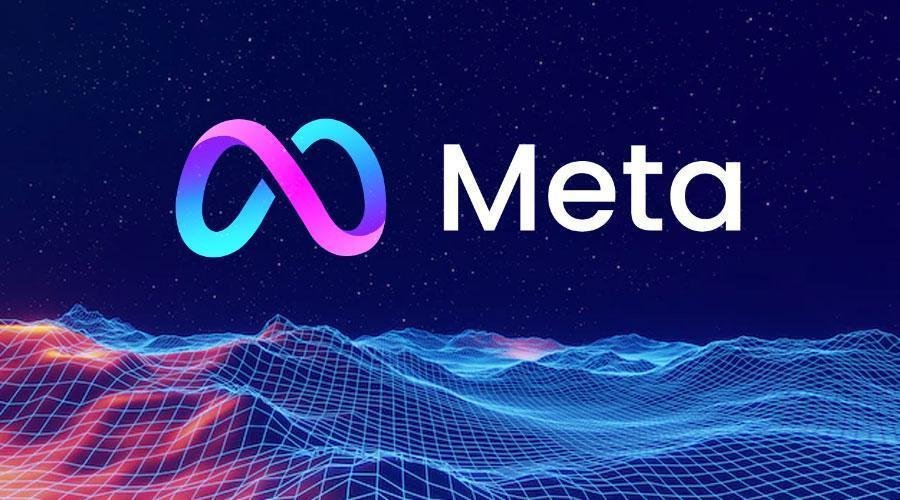
Meta Platforms is expected to report a 20% rise in quarterly revenue. This growth is attributed to strong ad sales driven by the Olympics and elections in several countries. Investors will be looking to see if the company’s spending on AI is starting to yield returns. Similar to its tech counterparts Google-parent Alphabet and Microsoft , Meta is investing heavily in tech infrastructure to support AI development.
In April, Meta’s upward revision in full-year expenses resulted in a market capitalization drop of nearly $170 billion in a single day. Alphabet’s recent announcement that capital expenses would remain high this year overshadowed a surge in ad sales, causing its stock to decline.
Meta is focusing on an open-source approach for its generative AI initiative. The company recently released its mostly free Llama 3.1 artificial intelligence model, allowing developers to use and modify its AI models free of charge. Meta has enhanced its ad-buying products with AI tools and introduced new AI features, such as a chat assistant, to drive engagement on its social media platforms.
The company also revealed plans to launch a new tool called AI Studio, enabling users to create, share, and design personalized AI chatbots. Analysts at Jefferies expressed optimism about Meta’s position as a key player in open-source AI, suggesting that the company could unlock new revenue streams by licensing its AI models or creating AI apps.
Meta’s shares have climbed 32% this year, outpacing the near 16% increase in the tech-heavy Nasdaq Composite index. When Meta reports its second-quarter results on Wednesday, it will also need to demonstrate that its core ad business is thriving. In June, GroupM, one of the world’s largest media buying firms, raised its 2024 global advertising growth forecast to 7.8%, up from 5.3% in December, which bodes well for Meta. Smaller ad-dependent companies Pinterest and Snap are scheduled to report results on Tuesday and Thursday, respectively. Analysts at BofA Securities expressed a positive outlook on Meta, indicating that Reels, Messaging, and AI-driven ad improvements are still in the early stages and could lead to positive product surprises and revenue upside.
Additionally, they highlighted the potential ad spend benefit for Meta in the second half of 2024, citing political spend and the potential TikTok ban in the first quarter of 2025.